
A volunteer holds a Presidential Preference Card before the start of a Democratic caucus at Hoover High School, Monday, Feb. 3, 2020, in Des Moines, Iowa. (AP Photo/Charlie Neibergall)
The Democrat goat rodeo in Iowa and questionable count in NEVADA*** notwithstanding, the primary system is in good enough shape that trying to change it might do far more harm than good. As happens every four years during this part of the election cycle, there come calls to eliminate the “caucus” system used by a dwindling number of states and/or hold all the primaries on the same day…or some other “innovative” system ostensibly designed to make the system “fairer,” but really acts to skew any advantage onto another path.
I dissent from any of those options. First of all, these are state led functions by their respective political parties. So any Federal level input is neither desired nor needed. In short, National Parties and the Federal Government both need to stay out of this issue and let each state’s political party decide when and where they hold their primary/caucus events to select their nominees.
Having boldly stated that each state should pick their own system and all others should butt out, I of course insist on sticking my two centavos in. Let’s talk about the caucus system first. These are the states that still use a caucus system to select their slate of candidates.
* Iowa
* Nevada
* North Dakota
* Wyoming
* Kentucky (Republican only)
Generally speaking, here’s how a caucus works. Instead of showing up to a polling place, voting for your preferred candidate, collecting your “I voted” sticker and heading to work or home, a caucus event is pretty time consuming. For a caucus, folks show up and debate each other on the merits of their preferred candidates. There are a series of votes whereby they winnow the field to the number required by their state political party. Depending on each state’s rules, you can have one candidate who earns more delegates than another candidate who actually got more caucus votes…which happened in Iowa for the Democrats…you know, the “one person, one vote” party?
There are a lot of arcane rules which I won’t go into here. The short version is, the caucus picks delegates that are obligated to vote at least on the first round, for the candidate that won that seat at the national convention. The Democrats also have a thing called “superdelegates” which the party bosses use to nudge the nomination towards their preferred candidate, as in 2016 when Bernie Sanders accused that system of costing him the nomination.
Here is why I would encourage states who have a caucus system to keep it, especially the early states. It forces candidates to engage personally and in depth with the voters. There’s an old political joke abut the Iowa caucus. It goes something like this:
Reporter: “So, are you going vote for Senator Billy Bob Smith to be our nominee for President?”
Caucuser: “Well, I dunno Tom, he’s only been by my house twice. I haven’t really got to know him yet.”
Voter face time is important. It gives candidates who don’t start out with a huge war chest and/or political backing from the party machine an opportunity to gain some name recognition, some earned publicity and a more equitable shot at the brass ring. It also gives voters a far less canned view of the candidate. It makes each Presidential aspirant do the work.
There is another aspect to caucuses. Caucuses are run by the individual parties, not by state governments. Some folks believe that is a disadvantage. I disagree. The closer to the active voter the process is, the better as far as I’m concerned.
Now, on to the early-late primary (non) controversy. There are a number of states who decry the allegedly outsized impact the early primaries and caucuses (cauci?) have on the nomination. The latest whine I hear is about Kamala Harris. It goes something like this, “If Kaliforniastan was first, then Harris would still be in the race.” Horsehockey! Harris quit (December 3, 2019) before the Iowa caucus even took place (Feb 3, 2020). Bogus argument.
There are a myriad of “solutions” being offered for what I consider a non-existent problem. One offered by a guest on the David Webb show,** was that we should hold all primaries/cauci on the same date. I really don’t like that idea. This would totally dilute the candidate-voter interaction that the early state competitions foster. It would inordinately reward candidates with large war chests, candidates with solid backing from the party bosses in the proverbial “smoke filled rooms.” The more citizen interaction with candidates we can foster the better…even if that interaction takes place in a state other than my adoptive abode, Sweet Home Alabama.
**David Webb can be found on Sirius XM Channel 125, 9:00AM-11:59AM, M-F
***One of my eagle eyed commenters, Bill, caught my earlier error…it’s Nevada, not Nebraska.

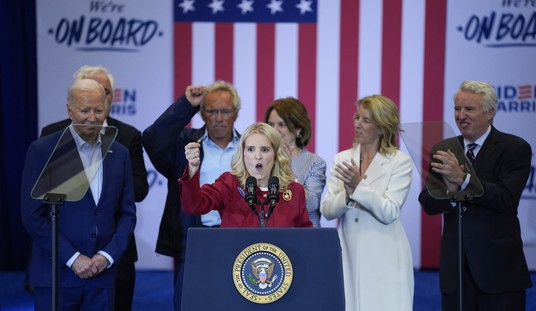


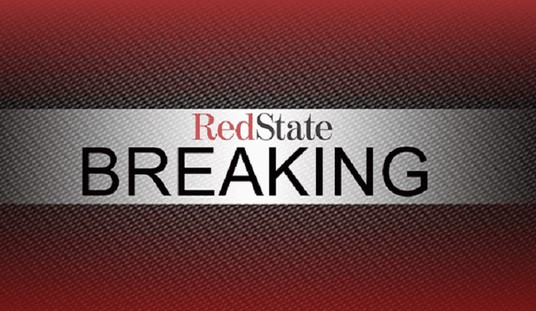
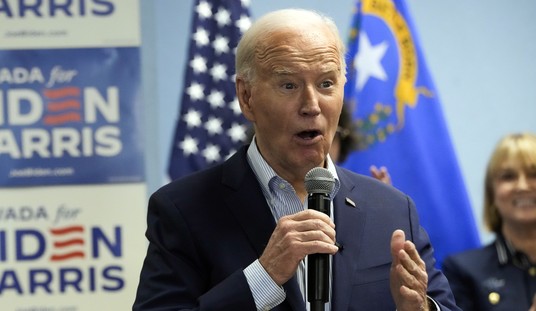

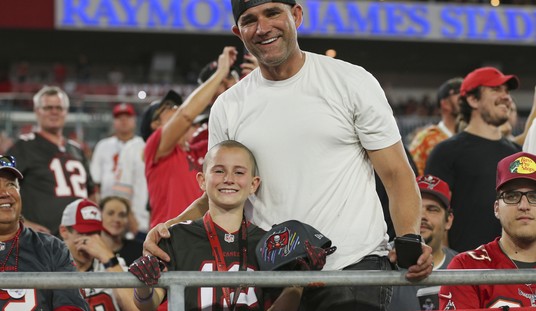
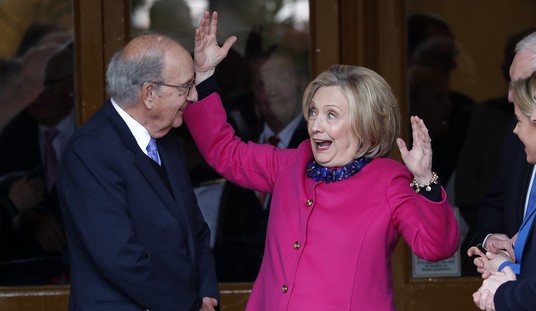

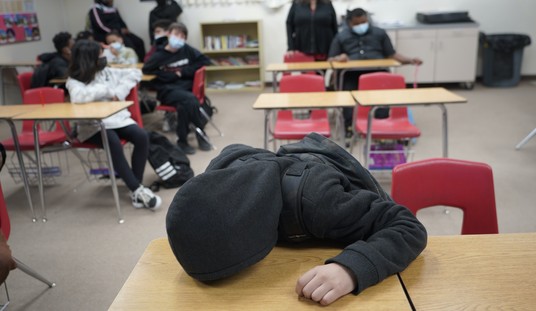

Join the conversation as a VIP Member